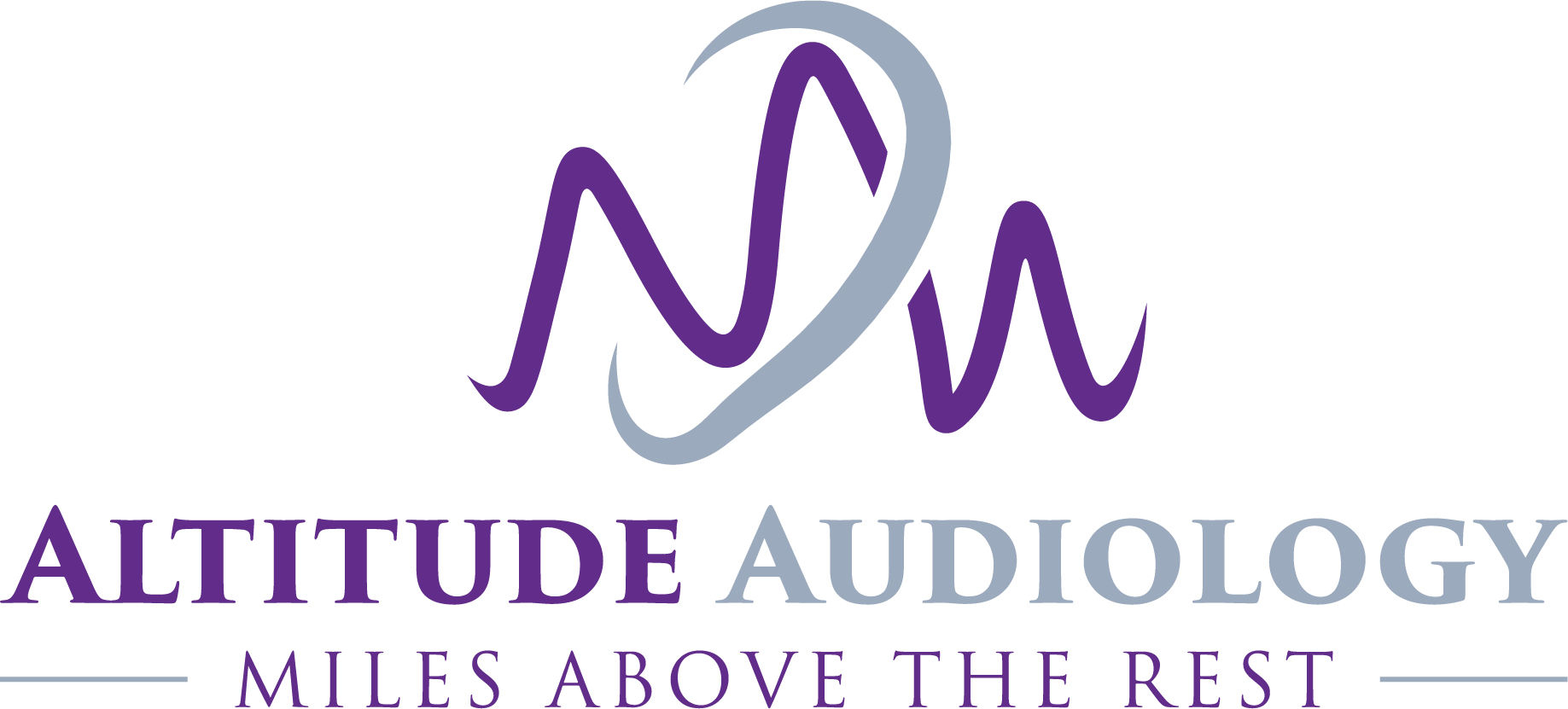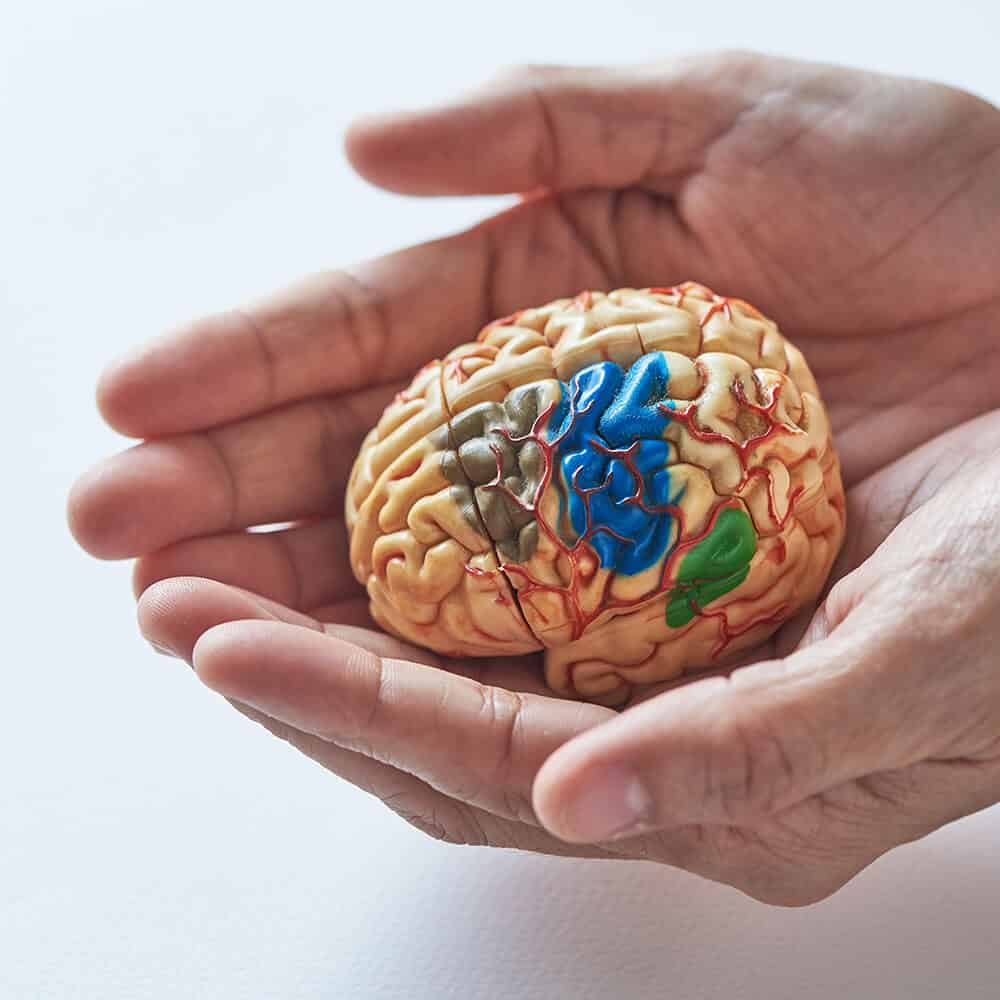Hearing Loss & Dementia
Hearing loss is far more common than you might think, and struggling to hear isn’t just about missing a few words here than there. We’ve all been in a listening situation where we struggle to hear what’s been said, and ask our friends to repeat themselves because all the background noise made it impossible to follow the conversation. It can feel embarrassing, but we write it off as an isolated experience. But when this becomes more common, your hearing loss not only affects your conversations – it is also impacting your cognitive function.
Hearing Loss and Social Isolation
When you have untreated hearing loss, you soon start to realize that your poor hearing is affecting your relationships and your social life. You used to love meeting friends for dinner, but now you can barely hear anything that’s been said, and you smile and nod, and hope no one asks you a direct question. You laugh along when others laugh, but you always miss the punchline of the joke. The relationships you value the most start to suffer, and you find yourself spending more and more time alone, refusing invitations and avoiding answering the phone. This kind of social isolation will leave you feeling lonely and depressed, and if left untreated, it could begin to affect your brain.
Hearing Loss and Brain Health
If you’re living with untreated hearing loss and struggling with social isolation, your brain isn’t getting the exercise it needs to stay healthy and you stop learning new skills. You spend far too much time home alone, and you don’t have the conversations that keep you active and engaged. When you don’t interact with your friends, you’ll have less motivation to get out of the house and do the things you love. In fact, researchers have found that the brain actually shrinks, and living with untreated hearing loss is costing you a lot of brain cells!
The increased cognitive load is also extremely taxing for your brain. You place a lot of extra strain on your brain when you struggle to hear, and you don’t have enough brain power left over for other tasks. You use all your energy playing an impossible game of fill in the blanks, and you feel extreme fatigue by the end of the day even if you haven’t accomplished the things you wanted to get done. When your brain is overloaded, you may struggle to make new memories and remember important facts.
Hearing Loss and Dementia
When your brain health suffers and you have fewer healthy brain cells, your risk of dementia increases. Dementia is a degenerative brain disease that makes it difficult for you to remember things, and enjoy time with friends and loved ones. Eventually you may struggle with the tasks of daily life and find it more difficult to recall simple things. If you’re living with untreated hearing loss, you have a far higher chance of developing dementia, and are more likely to experience an early onset of the disease. With untreated hearing loss, you’ll have a 24% higher chance of rapid cognitive decline! If you have untreated hearing loss you won’t be able to process new information easily, will struggle with cognitive tasks, and will soon notice memory problems.
Dr. Frank Lin from the Johns Hopkins University in Baltimore has spent years looking at the links between hearing loss and dementia. He wishes that adults would take their hearing loss more seriously. “The general perception is that hearing loss is a relatively inconsequential part of aging,” explains Dr. Lin, and this is a big problem. Those with hearing loss struggle with poor health in a number of areas, have a greater risk of accidents, visit the doctor more often, suffer from reduced mobility and a lack of independence, and a reduced quality of life.
Treating Hearing Loss to Save Your Brain
Treating your hearing loss is the key to good brain health and enjoying your golden years with your memories intact. You’ll enjoy a full social life, learn new skills, and keep your brain active and healthy. Book a hearing test today, and treat your hearing loss before it affects your quality of life.
Have Questions for Altitude Audiology
Feel free to ask, click the button below to get answers.
Get in Touch Today

